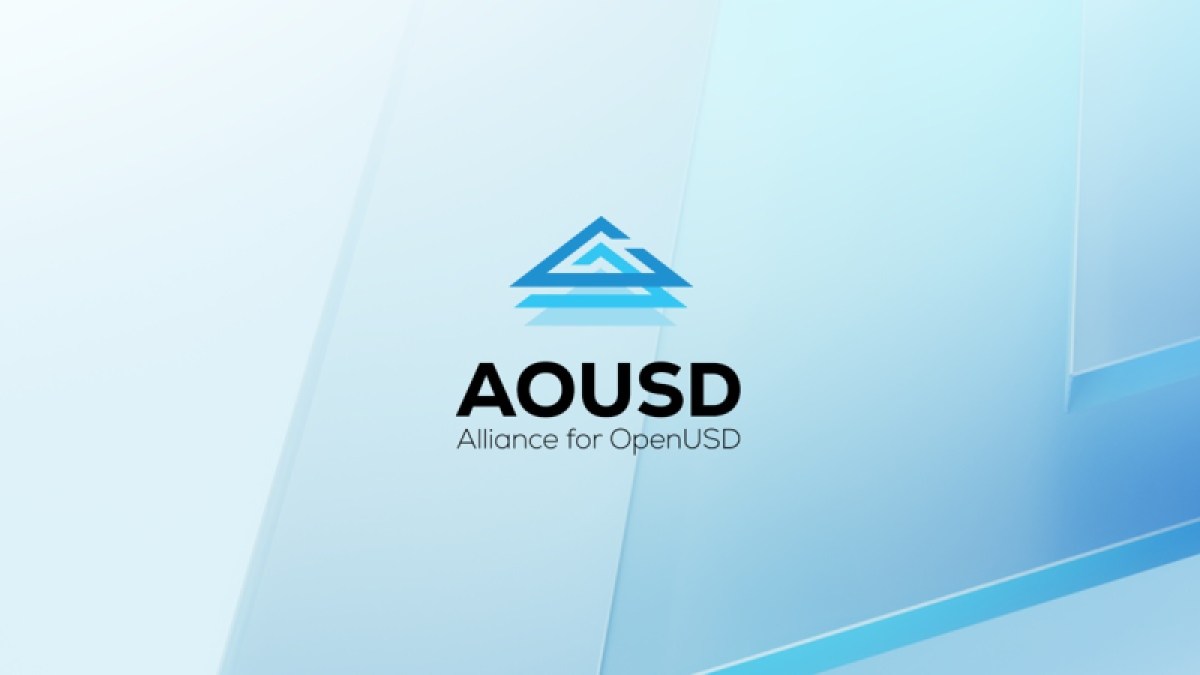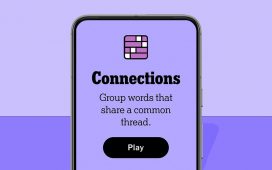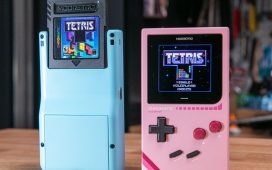I think of the Alliance for OpenUSD as a group making standards for the open industrial and enterprise metaverse. And today they’re announcing two new working groups and a collaborative liaison relationship.
The whole aim is to rally the industry around common technical formats for interoperable digital technologies. OpenUSD, based on a 3D file format pioneered at Pixar dubbed Universal Scene Description (USD), will make it easier for objects like a digital dress be formatted correct at all the ecommerce sites.
The Alliance for OpenUSD said it is committed to fostering interoperability in 3D workflows. It is welcoming eight new general members, including Ansys, Bright Machines, Intel, Maxon, Siemens, Trimble, Worley, and WPP. Intel’s presence is big, as much of this was driven by Nvidia, the creator of the Omniverse platform, in the beginning.
“Extending Intel’s long history of supporting standards development and open ecosystems, we are happy to announce joining the OpenUSD community to support and to deliver complete platform solutions,” said Rob Bruckner, corporate vice president and CTO of Client Platform and Definition (CPAD) at Intel.
GB Event
GamesBeat Summit Call for Speakers
We’re thrilled to open our call for speakers to our flagship event, GamesBeat Summit 2024 hosted in Los Angeles, where we will explore the theme of “Resilience and Adaption”.
Materials working group will improve 3D Workflows

The alliance has established the Materials Working Group, a standards group aimed at enhancing 3D workflows for look development. This group focuses on standardizing material definitions within OpenUSD, fostering seamless collaboration across various tools, applications, and renderers. By ensuring the consistency and predictability of OpenUSD materials, developers can confidently employ them across the ecosystem, guaranteeing stability both presently and in the future.
Geometry Working Group advances standardization in virtual and physical worlds

Simultaneously, the alliance introduced the Geometry Working Group, an initiative building upon the Core Specification Working Group’s ongoing efforts.
This new group will draft specifications for describing surfaces, shapes, and volumes in USD for both virtual and physical realms. Additionally, the Geometry Working Group will establish interoperability standards for CAD geometry data, crucial for formalizing OpenUSD geometry specifications across diverse industries.
This standardization ensures that geometry modeled in one tool exhibits uniform behavior in all other USD-compliant tools, a critical requirement for various sectors, including media, entertainment, industrial, manufacturing, architecture, engineering, and construction.
Collaboration with Academy Software Foundation

The Alliance for OpenUSD also cemented its commitment to collaboration by forming a liaison relationship with the Academy Software Foundation (ASWF).
This collaboration facilitates communication and coordination between AOUSD and ASWF, particularly focusing on material interchange through ASWF’s MaterialX project. The partnership aims to empower the motion picture community to develop and deploy advanced solutions, driving innovation in the industry.
David Morin, Executive Director of the Academy Software Foundation, said in a statement, “The formalization of our relationship will facilitate cross-collaboration and communication, accelerating open-source adoption and interoperability across the industry.”
Pixar, a key contributor to AOUSD, unveiled OpenUSD v24.03, introducing features that enhance usability and compatibility across platforms and applications.
Notably, the release includes support for Unicode identifiers, allowing source data originating in non-Latin-based languages to be natively represented in USD content. This feature empowers content creators worldwide to encode USD in their native languages.
“We are excited to be a part of this initiative and collaborate with other industry leaders to deliver the next generation of simulation, digital twins, and data management,” said Shane Emswiler, senior vice president of products at Ansys, in a statement.
Bright Machines: “OpenUSD’s comprehensive technology and platform will catalyze Design for Automated Assembly and enhance our clients’ New Product Introduction process through the ability to simulate new products quickly.” – Lior Susan, CEO, and Executive Chairman of Bright Machines.
The Alliance for OpenUSD’s strategic expansion, establishment of crucial working groups, and collaboration with the Academy Software Foundation underscore the industry’s growing commitment to fostering interoperability in 3D workflows.
GamesBeat’s creed when covering the game industry is “where passion meets business.” What does this mean? We want to tell you how the news matters to you — not just as a decision-maker at a game studio, but also as a fan of games. Whether you read our articles, listen to our podcasts, or watch our videos, GamesBeat will help you learn about the industry and enjoy engaging with it. Discover our Briefings.












